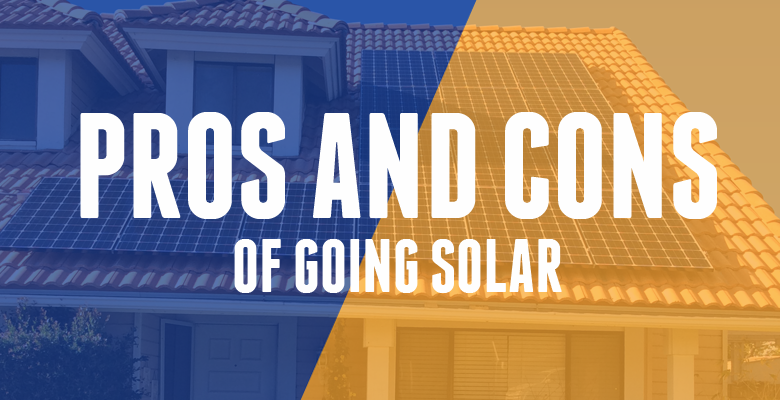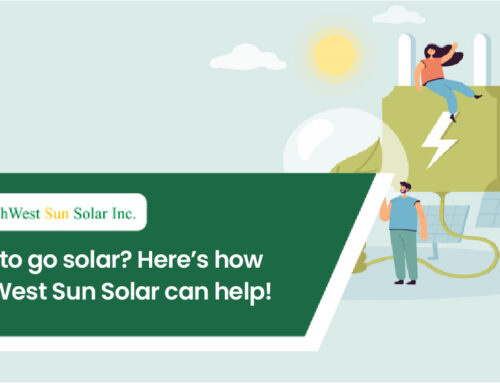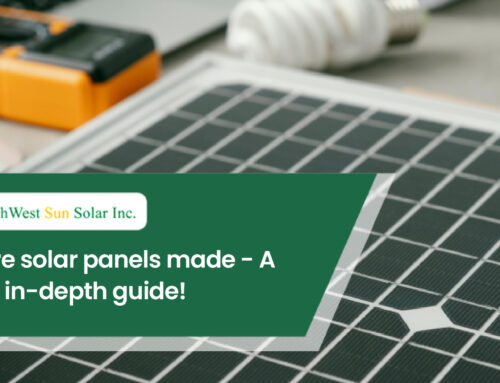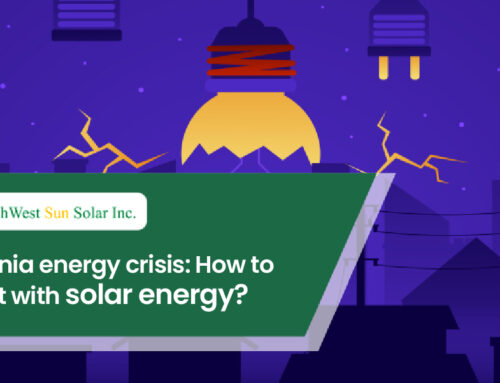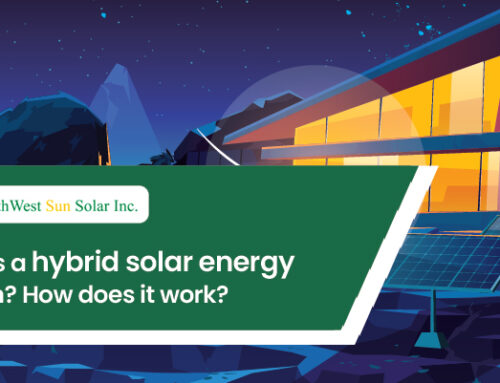What is a Solar Photovoltaic (PV) System?
Solar Photovoltaic System – A solar photovoltaic system is solar technology that generates electricity directly from sunlight. The basic unit of a solar system is called a Solar Cell, which is the component that converts sunlight to energy for your home use. Solar has become an increasingly popular energy source as more and more awareness has been brought to renewable energy sources. Solar photovoltaic systems do not produce emissions of air polluting gases, greenhouse gasses or any of the harmful byproducts of more mainstream energy sources. Here is a guide that helps explain all facets of solar.
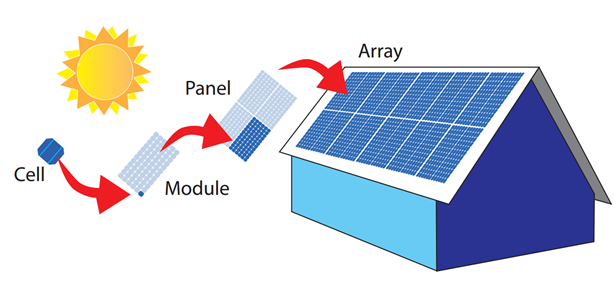
The Power-Generating Components of a Photovoltaic Solar System
Pros and Cons of Going Solar
There are many advantages that installing a solar photovoltaic system creates for the average household. Innovation and government incentives have taken what was impractical and expensive, into an affordable, smart investment. When considering solar here are some factors to consider.
Pros:
1. Easy and little maintenance
Solar PV systems normally include simple components and generally very long lasting and easy to maintain. There are several techniques to maintenance. These include keeping the panel clean, inspecting for wires damaged by possible rodents or bridges, in addition to possible broken cells. Sunlight and solar heat- Supply for solar system is free and never run out.
2. Sunlight and solar heat – supply for solar system is free and never runs out
Solar Power offers a limitless supply of energy. As long as the sun rises, solar energy will be viable energy option. Current utility providers that produce electricity from burning fossil fuels are taking energy from a pool of energy that is projected to run out before we know it. Sunlight on the other hand is forever and here every day. This means your electric sources is forever. It is the reason that its price will not increase.
3. Can increase home value by several thousands
Findings in many studies show that houses with a solar system will often sell for thousands more than neighboring homes without solar. In addition to being sold for more, homes with solar systems tend to be on the market for a shorter period of time. SouthWest Sun Solar has created a guide discussing how solar can increase the value of a home.
4. GO Green Reward: Earn cash incentives and other priority rights
By choosing the right solar programs for your family, you can actually make some income. Other common incentives include income tax credits, property tax exemptions, rebate programs and others. Each city has its own incentives so you will have to check with your local city.
5. Utility rates are increasing, but not solar
Solar are shielded from rate hikes of the big utility companies. As utility rates increase for businesses and residents, many consumers are at the disposal of their utility company or state regulators. However, when a household is powered by solar panels, they start to develop electrical freedom, exempting them from many price adjustments.
Con:
Though solar is quickly becoming a popular alternative energy source, there are still factors that can determine whether or not installing a solar system is beneficial.
1. Potential Heavy Up Front Cost
The most cited obstacle for households to install solar is the price. Paying for a solar system can be expensive if the homeowner doesn’t do their homework and identify proper financing or rebates. Systems that generate about 5kw per hours will cost approximately $20, 000 -$25,000 depending on the quality of the instruments. To eliminate these cost, the solar industry is currently offering few good programs. However, SWSS highly recommends home owner to enroll in PPA program since it is the most affordable way to go solar.
2. Confusing paper work process
The nature of solar can be complicated. Solar panels are treated much like other real estate projects where the project must hire contractors, meet safety codes, obtain various required permits from city and obtain permits from utility providers, before installation can begin. Fortunately, there are solar companies offering bundled services that guarantee A to Z services at ZERO COST. so, why not let them handle it for you?
3. Availability of energy
There are times of the day when the sun is not available. An obvious explanation is the night time. When this occurs a household will need to have a battery storage system. This occurs when a home is in a remote location and utility lines have to be extended. Fortunately most homes in the Orange County area are closely connected to utility lines making the need for a battery bank or system unnecessary. Efficiency is directly impacted by roof structure, sunlight exposure.
4. Efficiency is directly impacted by roof structure, sunlight exposure.
Rooftops can sometimes be blocked by neighboring structures or landscaping. This can block the access to sunlight on rooftops. In addition there are some types of roofs, certain designs or orientation that are not optimal for solar installation or efficient energy. That is why a proper solar company always has personalized structure survey to go along with engineer design. This way the solar house will not only look beautiful but also be efficient
5. Varied regulation depends on states and cities
Certain states and cities have regulations and policies that can make it difficult for a home to make the jump to solar. This also is coupled with homeowners associations and land ordinances that can prevent the installation of solar. We advise homeowners to talk to solar professionals who can help them handle these unwanted hassle.

